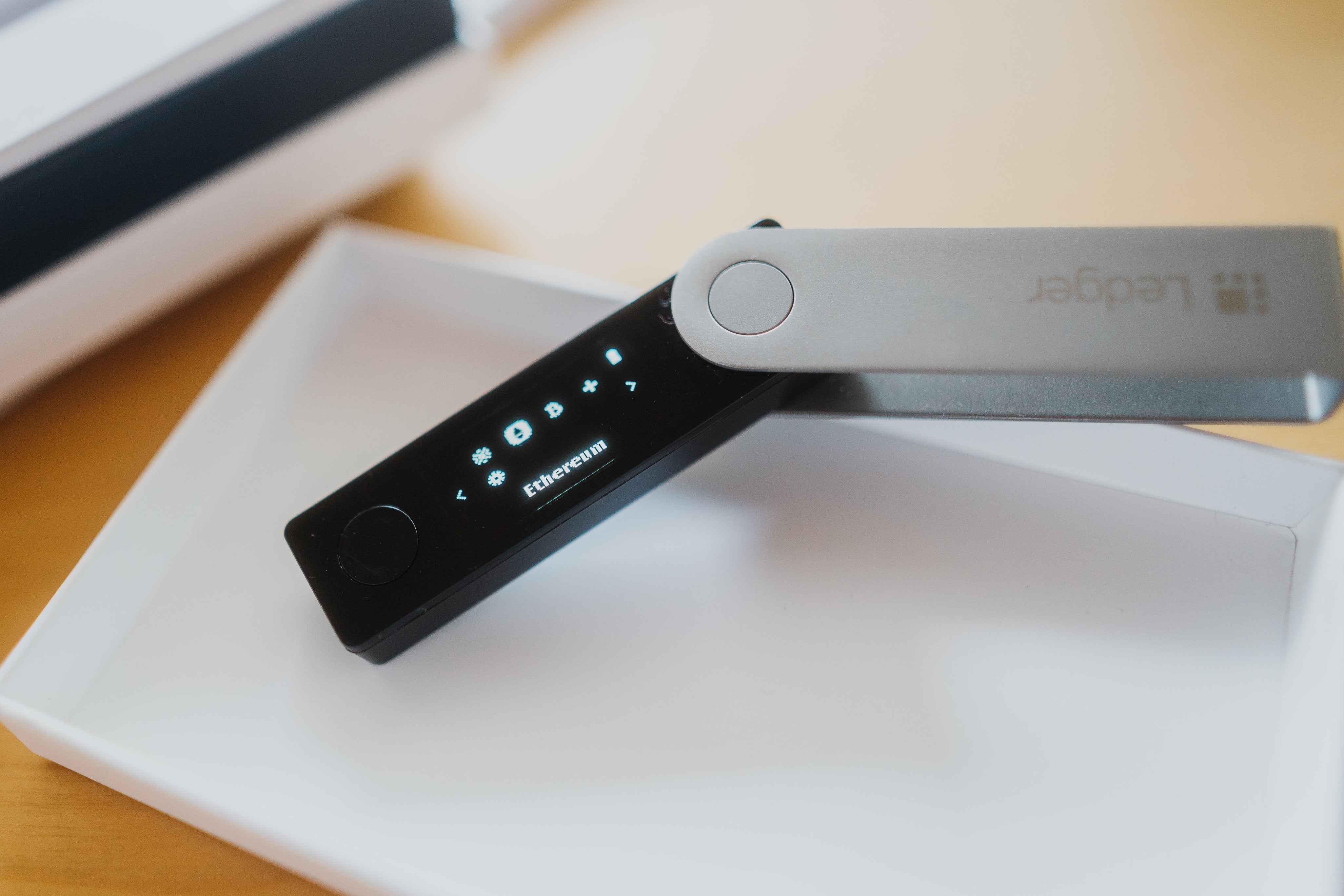“Not your keys, not your bitcoin” is a common slogan used by cypherpunks to convince newcomers to utilize wallets rather than exchanges. After all, Bitcoin’s ethos is based on self-sovereignty.
Wallets may be classified into many categories, including mobile wallets, software wallets, multi-signature wallets, third-party custodial wallets, and, of course, hardware wallets. If you store a significant quantity of bitcoin, I strongly advise you to consider a hardware wallet for optimal protection.
Three points to bear in mind while configuring your hardware wallet:
- Public address — Consider the Public Address as the public login for your wallet.
- Private Keys — similar to a password that allows you to access your wallet.
- Seed Phrase — A phrase of 12 to 24 characters used to retrieve your wallet in case that you misplace your keys. It is necessary to create a backup of your seed phrase.
Since it is the only method to retrieve money if you lose access to the wallet.
There are many crypto hard wallets choices available nowadays. To save you time, I’ve evaluated five of the most popular crypto hard wallets available.
1- Ledger — Nano X ($119) & Nano S ($59)
Among the most famous non-custodial wallets available, this is probably the easiest wallet to use, requiring just a PIN number and a recovery phrase. Ledger wallets use a verified chip design and their own operating system to resist sophisticated cyberattacks. Additionally, you may purchase cryptocurrency directly via the Ledger Live App, transfer it, receive it, or stake it.
2- Trezor Model T — $169
The Trezor Model T is one of the most popular wallets on the market. It has multi-signature security and a magnetic dock for convenience. The device needs a computer connection and is compatible with Trezor Suite as well as third-party desktop wallets like Electrum, Exodus Wallet, Magnum Wallet, and Blockstream Green. Trezor now supports over 1600 coins and is the first fully open-source hardware wallet, enabling thousands of users to create their own devices. SatoshiLabs, named after Satoshi Nakamoto, is the parent business. It was founded by long-time Bitcoin miners Marek “Slush” Palatinus and Pavol “Stick” Rusnak.
3- COLDCARD ($119)
At first sight, this multi-signature, open-source wallet from Coinkite resembles a mini-calculator. The Coldcard is a Bitcoin-only custodial solution that utilizes a MicroSD backup and includes a variety of ‘duress’ features such as fake wallets, pins, and timers for lockout.
Additionally, Coinkite offers two other useful products: OPENDIME® ($16.99) and SEED PLATE ($36.99). OPENDIME functions similarly to a USB key and is a convenient way to deposit small amounts of Bitcoin and transfer them to a buddy.
SEED PLATE is a literal steel plate that serves as a final option in case of a flood or fire. Simply write the first four letters of up to 24 seed words from any hardware wallet on the plate.
4- TREZOR One
SatoshiLabs’ TREZOR One is the first cold wallet for cryptocurrency, having been launched in 2014. At only US$59, this device is a direct rival to the Ledger Nano S reviewed earlier. TREZOR One, like its rival, is a tried-and-true cold wallet that supports a diverse range of digital assets at a reasonable price. Currently, over 1000 currencies and ERC-20 tokens are supported, including some well-known names like Bitcoin, Bitcoin Cash, Litecoin, Ethereum, Zcash, and Dash.
5- Cosmos OPOLO — $199
The OPOLO wallet has a 3.2-inch touch screen and its own graphical user interface. The wallet supports 110 currencies and 200,000 tokens and is multi-signature and open source. The OPOLO wallet software has two built-in currency exchange options, allowing users to exchange any coin or token inside the app. OPOLO wallets accept passwords up to 127 characters in length and have a built-in password manager for managing any passwords (google, Facebook, etc.) for optimum security.
Photo by Max Saeling on Unsplash
Education only, entertainment only, not financial advice.



